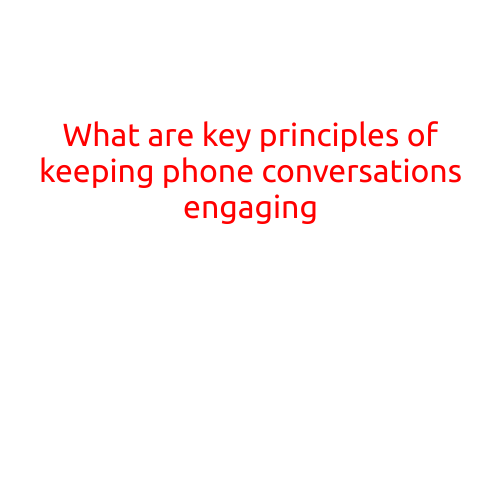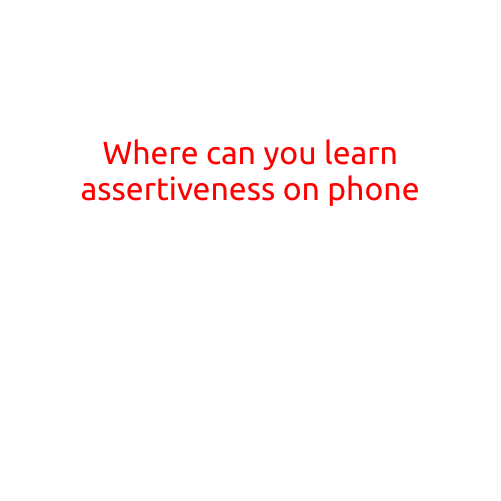
How to Adapt to Dealing with Angry Callers: Tips and Strategies for Success
Dealing with angry callers can be a daunting task, especially if you’re new to customer service or work in a high-pressure environment. However, with the right skills and strategies, you can effectively manage these interactions and maintain a positive and professional tone. In this article, we’ll provide you with practical tips and advice on how to adapt to dealing with angry callers and ensure that you come out on top.
Understand the Anger
Before you can effectively deal with an angry caller, it’s essential to understand the root cause of their anger. Take a moment to listen to their concerns and try to identify the trigger. Is it a specific issue, a misunderstanding, or something else? Empathy is key here – acknowledge the caller’s frustration and show that you’re interested in resolving the problem.
Stay Calm and Composed
Maintaining your composure is crucial when dealing with angry callers. Take a deep breath, count to ten, or step away for a few seconds to collect your thoughts. A calm and composed tone can diffuse tension and help to de-escalate the situation. Remember, angry callers often feel misunderstood or unheard, so showing empathy and understanding can go a long way in resolving the issue.
Use Active Listening Skills
Active listening is a powerful technique for dealing with angry callers. Make eye contact, nod to show you’re engaged, and paraphrase what they’re saying to ensure you understand their concerns. This simple technique can help to calm the caller down and create a sense of understanding.
Focus on Solutions
Rather than getting bogged down in the details of the issue, focus on finding solutions. Ask open-ended questions to gather more information, and work with the caller to identify potential solutions. Be transparent about what you can and can’t do, and offer alternatives or compromises when necessary.
Use Non-Verbal Cues
Your non-verbal cues can have a significant impact on the tone of the conversation. Keep your body language open and relaxed, and avoid crossing your arms or legs, which can give the impression that you’re defensive or closed off. Maintain a gentle tone of voice, and use pauses to create space for the caller to process information.
Don’t Take it Personally
It’s essential to remember that angry callers are often not directing their anger at you personally. They’re frustrated with the situation or service, and you’re the representative they’re dealing with. Keep a sense of perspective and avoid taking the caller’s anger or criticism to heart.
Follow-Up and Follow-Through
After the call, take the time to follow up and ensure that the issue has been fully resolved. This shows that you’re committed to customer satisfaction and willing to go the extra mile to resolve problems. A simple email or follow-up phone call can go a long way in preventing future conflicts and maintaining a positive relationship with the customer.
Additional Tips and Strategies
- Use a calm and professional tone of voice
- Avoid getting defensive or emotional
- Use humor to diffuse tension (but be careful not to offend)
- Take breaks if you’re feeling overwhelmed
- Document the call and the resolution for future reference
- Consider escalating the issue to a supervisor or colleague if you’re unable to resolve the problem
Conclusion
Dealing with angry callers is an inevitable part of working in customer service, but with the right skills and strategies, you can turn a negative experience into a positive one. By understanding the anger, staying calm and composed, using active listening skills, focusing on solutions, and using non-verbal cues, you can effectively manage these interactions and build trust with your customers. Remember to stay professional, empathetic, and solution-focused, and always follow up and follow through to ensure that the issue has been fully resolved.





